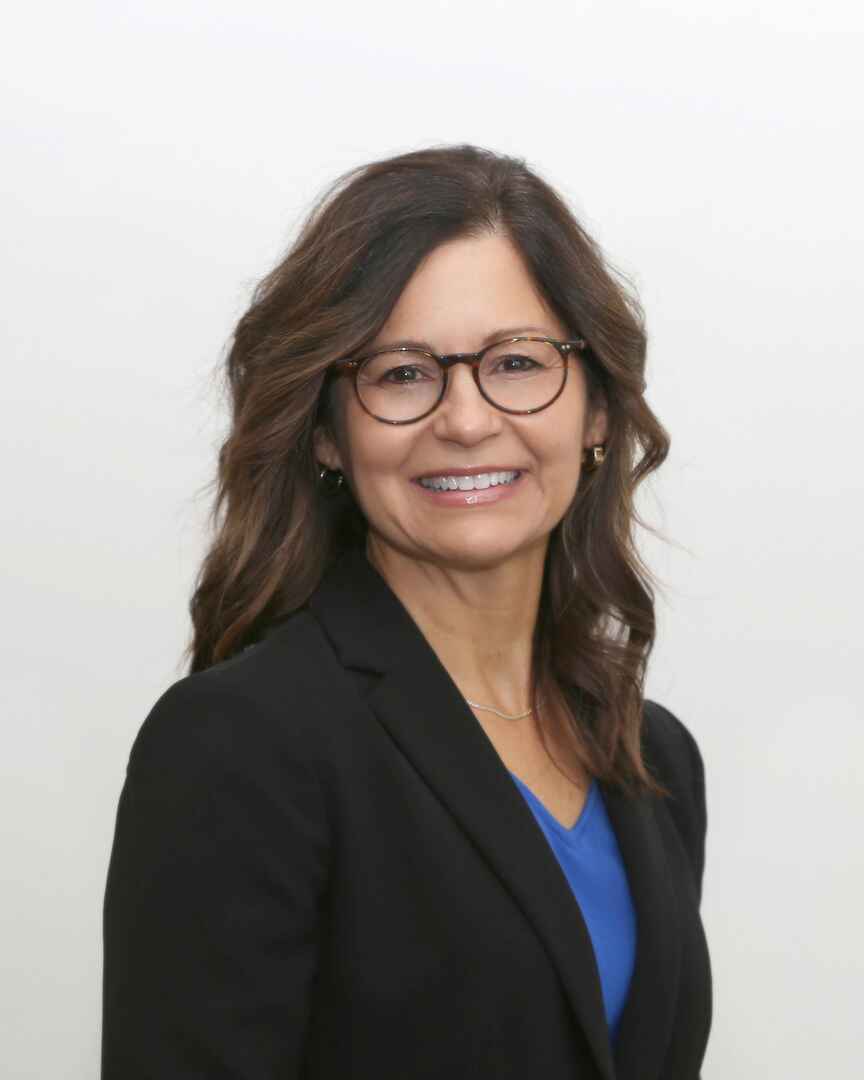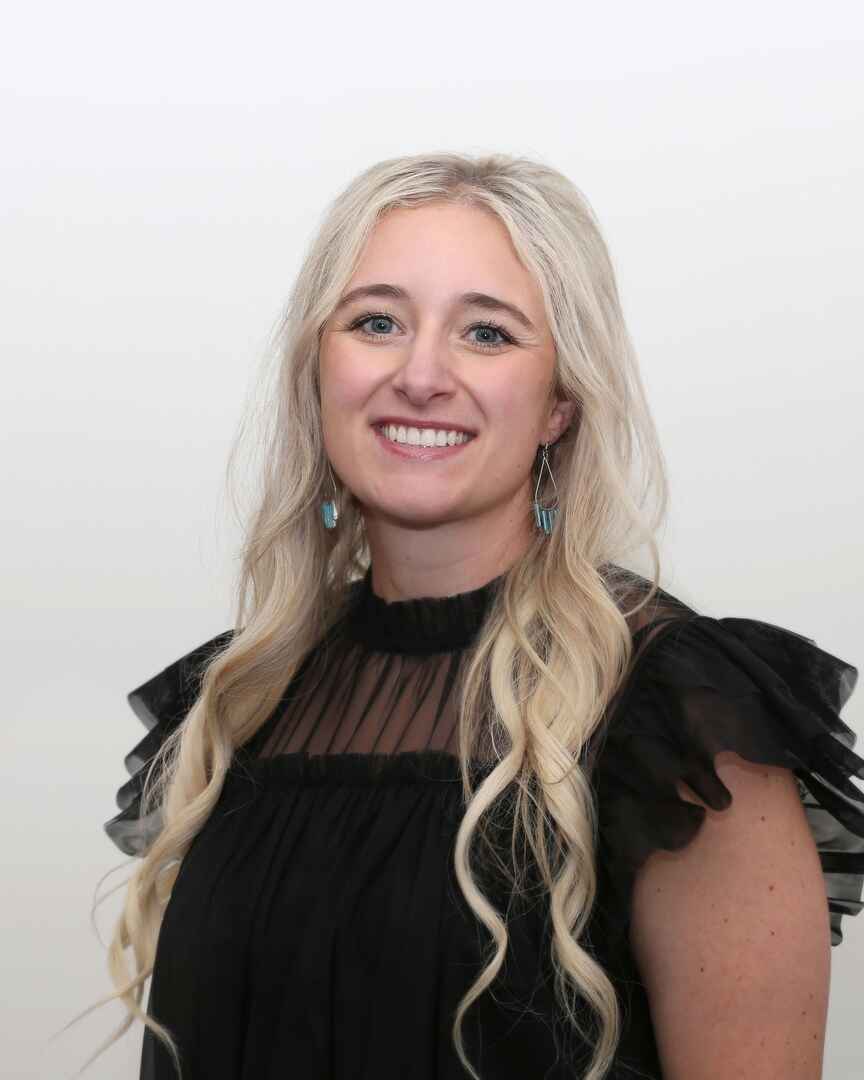About Mirror – Shawnee
Mirror is a nonprofit substance use and mental health disorder treatment facility. They have 10 locations in the Kansas area, including a facility in Shawnee. The Shawnee location provides residential and outpatient services for substance use and co-occurring disorders. They accept most insurance including Medicaid from United Healthcare, Sunflower/Cenpatico and Aetna. They also treat people who are uninsured or underinsured using grant funds.
The program offers medication-assisted treatment (MAT) using medications such as methadone, buprenorphine, naltrexone and naloxone to treat alcohol and opioid use disorders. The residential program starts with an assessment to determine your needs and identify strengths. During your stay, therapists will give you the necessary tools for managing your life. With the therapist’s help, you’ll identify any co-occurring mental health disorders such as depression or anxiety.
Identifying co-occurring disorders is important to the recovery process. Many people with substance use and addiction issues have other mental health challenges. Post-traumatic stress disorder (PTSD) is a common problem that leads to or exacerbates substance use. You’ll get to the bottom of these issues so you can work toward better coping strategies that help your recovery. You’ll attend individual and group therapy to help you process your underlying issues.
There are also two outpatient programs at the facility. There’s an intensive outpatient program (IOP) and a regular outpatient program. The IOP is appropriate for clients who don’t have a lot of community support. You’ll live at home but attend during the week. You’ll get nine to 15 hours of weekly treatment over the course of three or more days a week. You’ll participate in individual and group therapy.
The regular outpatient program is for those with better support at home or in the community. You’ll live at home and attend individual and group therapy during the week. You can also attend therapy through Telehealth services if you lack transportation or have other reasons you can’t make it to the program.



